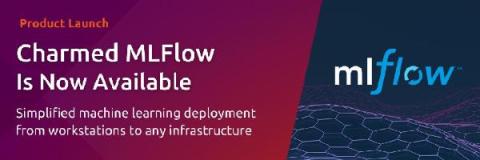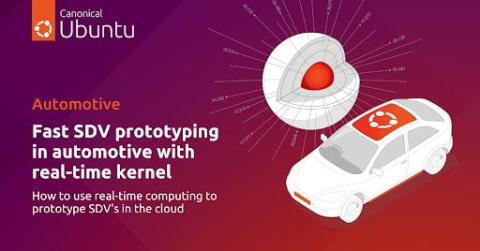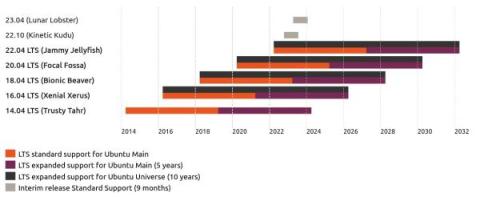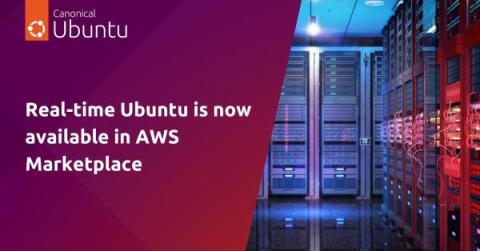Charmed Kubeflow 1.8 Beta is here
Have you heard the news? Charmed Kubeflow 1.8 is available in Beta. Kubeflow is the foundation of Canonical MLOps. The latest release brings improved capabilities to personalise different components of the platform, including the images that can be used in Notebooks. We are looking for data scientists, machine learning engineers, creators and AI enthusiasts to take Charmed Kubeflow 1.8 Beta for a test drive and share their feedback with us.











